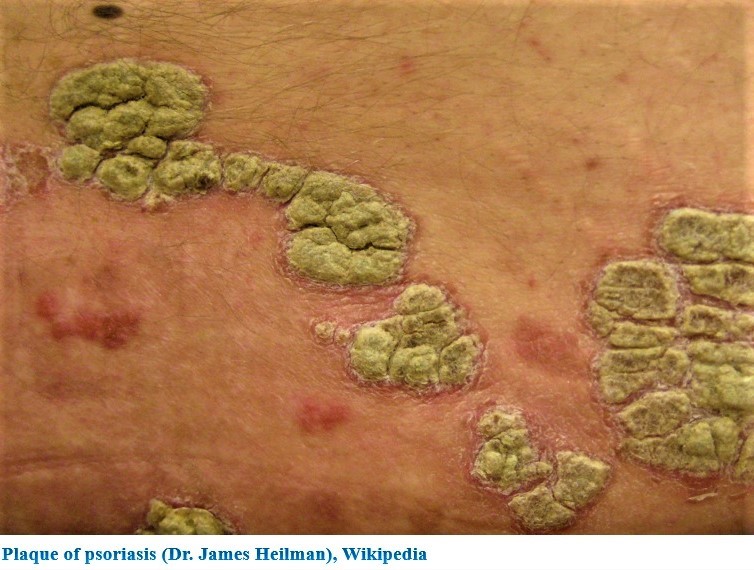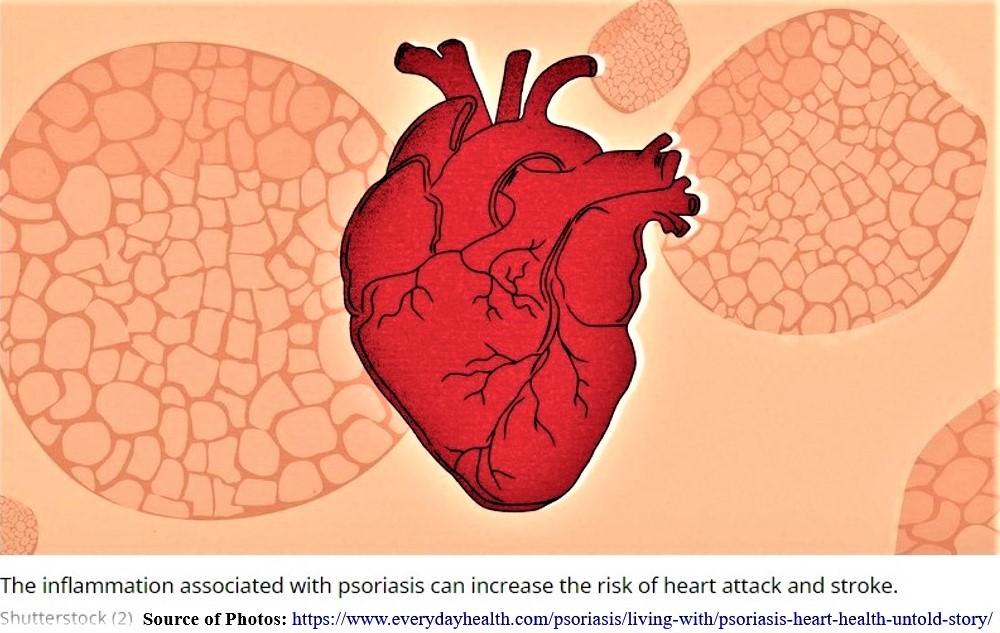By Henrylito D. Tacio
Each year, the international community unites to raise awareness and call for action in support of people living with psoriatic disease. World Psoriasis Day is celebrated on October 29 in over 50 countries and this year’s theme is: United we tackled mental health.
Mental health refers to a person’s emotional, psychological, and social well-being. Oftentimes, it affects how people think, feel, and act.
In a survey conducted by Psoriasis Philippines (PsorPhil) in 2020, it was found that 8 out of 10 (77%) of the 350 respondents reported experiencing depression and 66% anxiety. One of four (27%) had suicidal thoughts, all of whom reported to also having both depression and anxiety.
“Taken together, 81% had at least one of depression, anxiety, or suicidal thoughts while half (51%) had both depression and anxiety,” PsorPhil said. “Most respondents who reported having depression, anxiety, and suicidal thoughts had moderate-to-severe psoriasis.”
PsorPhil said one to two million Filipinos with psoriasis are believed to be suffering in silence. Filipinos living with psoriasis are considered as persons with disabilities (PWDs) in accordance with Republic Act No. 7277, as amended, otherwise known as the “Magna Carta for Disabled Persons.”
People living with psoriasis are oftentimes victims of stigma and discrimination. Unlike tuberculosis, coronavirus disease 2019 (COVID-19) and other infectious diseases, psoriasis is not a communicable disease. It is a long-lasting, recurring disease often mistaken for leprosy.
“Psoriasis is a chronic skin disease where skin cells multiply at a rapid rate,” explains St. Luke’s Medical Center in its website. “Findings suggest psoriasis happens due to an abnormality in the body’s immune system.”
There are several forms of psoriasis, according to the Portland-based National Psoriasis Foundation (NPF) in the United States. Some of these include plaque psoriasis (skin lesions are red at the base and covered by silvery scales), guttate psoriasis (small, drop-shaped lesions appear on the trunk, limbs, and scalps), and pustular psoriasis (blisters of non-infectious pus appear on the skin).

Many people with psoriasis also have deformed, thickened, and pitted nails. “People with psoriasis will experience this chronic skin disorder throughout their lives,” St. Luke’s says. Fortunately, the disorder is not fatal.

A recent study led by Dr. Joel M. Gelfand of the University of Pennsylvania School of Medicine in Philadelphia shows that people with severe forms of psoriasis are more likely to die of heart-related causes and stroke than those without the condition.
According to the study, which was published by Reuters, the genes that make people susceptible to psoriasis are linked to heart disease, and the type of inflammation associated with heart- and stroke-related disease is very similar to that involved in psoriasis.

Until now, no one is sure why some people suffer from it. If there ever was a medical condition that could convince Sherlock Holmes to get out of business, it’s psoriasis. “When it comes to psoriasis, modern medicine is absolutely inadequate,” deplores Dr. Laurence Miller, an adviser to the US National Institutes of Health.
Generally, psoriasis starts most often in people aged 10 to 40, although people in all age groups are susceptible. “Psoriasis has always been on the list of the top 20 diseases in the country,” says Dr. Francisca dela Cruz-Roa, who is with the Philippine Dermatology Society. “It often appears in the late teens to adulthood. It rarely occurs in children.”
Psoriasis persists throughout life but may come and go. “Symptoms are often diminished during the summer when the skin is exposed to bright sunlight,” says The Merck Manual of Medical Information. “Some people may go for years between occurrences. Psoriasis may flare up for no apparent reason, or as a result of a variety of circumstances.”
Speaking of flare-ups, the Merck manual informs: “Flare-ups often result from conditions that irritate the skin, such as minor injuries and severe sunburn. Sometimes flare-ups follow infections, such as colds and strep throats. Many drugs, such as antimalarial drugs, lithium and beta-blockers, can also cause psoriasis to flare up.”
Living with psoriasis can be managed through medical care and lifestyle remedies. In its website, St. Luke’s gives the following tips:
Maintain a healthy diet. Eating healthy foods may lessen the chance of psoriasis flaring up. Among those recommended ones are fish, nuts and food rich in omega-3 fatty acids.
Take appropriate supplements. These are suggested by the NPF: vitamin D, fish oils, and aloe vera. All these helps ease inflammation and irritation.
Avoid harsh skin products. Skin products that contain chemicals should be avoided. It is best to consult with a dermatologist first, but a good starting point is to select products that are organic and made for sensitive skin.
Soak and moisturize. Since psoriasis causes dry and flaky skin, bathing in lukewarm water is essential as hot water can inflame the skin. Doing oatmeal milk or sea salt baths can also greatly relax the skin.
Use humidifiers. Affordable humidifiers can moisten the surrounding air where you work or stay. Keeping one up in your office or your room will help lessen the formation of plaques common in psoriasis.
Reduce stress. If you experience stress more often, then psoriasis can get worse. The stress in your bodies can trigger adverse reactions such as itchiness. Managing your stress is important to keep psoriasis in check.
Quit smoking and lessen alcohol intake. The risk of psoriasis worsens the longer a person smokes. Avoiding drinking alcohol is also vital as alcohol can trigger adverse reactions due to psoriasis.
“Besides all of the skincare products and lifestyle interventions, getting treated by a board-certified dermatologist is still the most important step in treating psoriasis,” St. Luke’s points out. – ###








